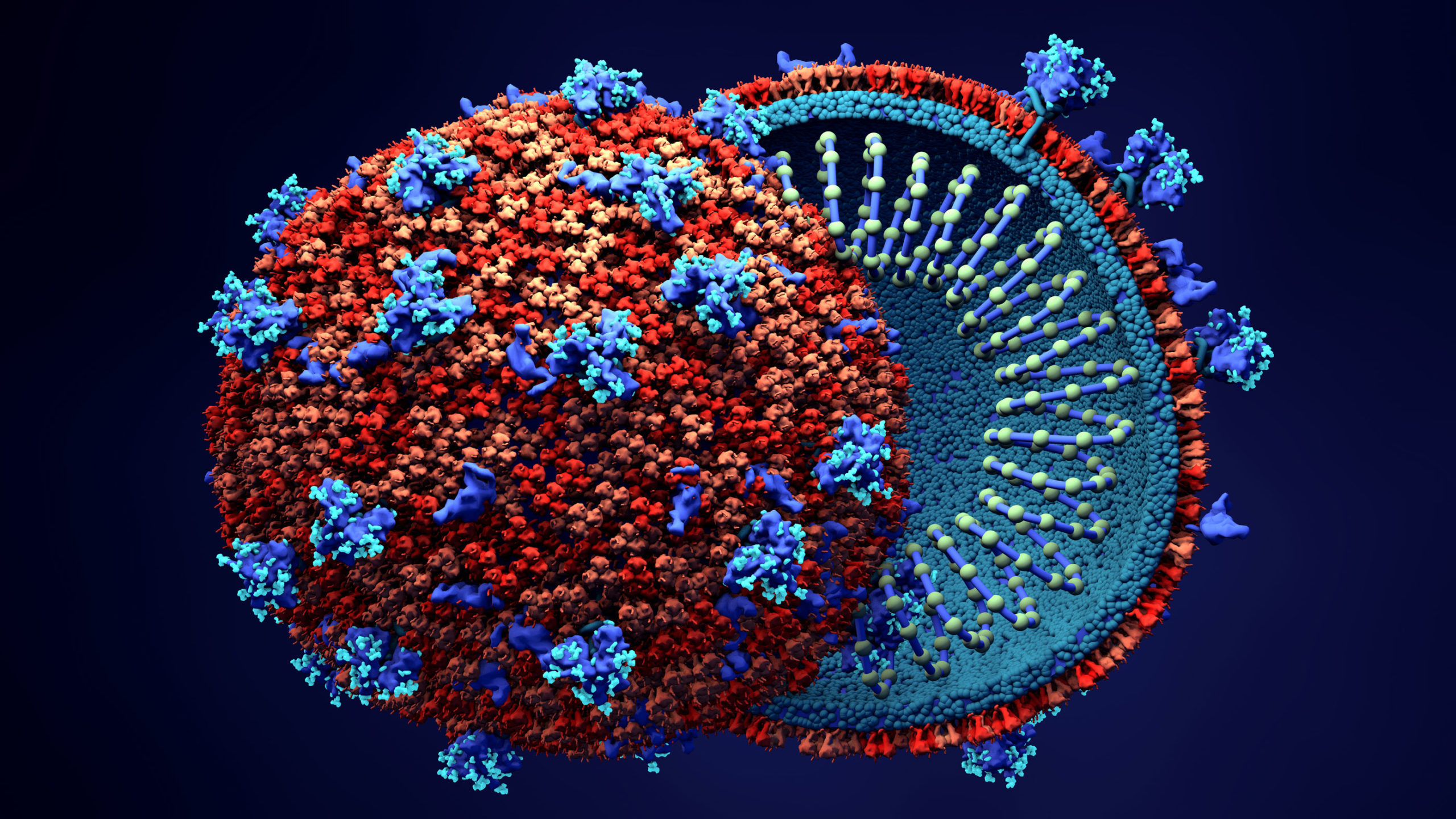![Ghana’s COVID-19; How effective is our “spread calm, not fear” message? [Article]](http://ghheadlines.com/images/default.png)
A herd of cattle can move as slow as the slowest cow but when the herd is hunted, it is the slowest and calmed ones at the back that are killed first. This is because the smart and vigilant ones would flee from the danger. This type of attack is good for the herd as a whole because the general speed and health of the whole group keep improving by the attrition of the few calmed and carefree members.
The tendency for each member of the group to flee from danger is a natural tool for survival available to all living things which is activated anytime they sensed danger.
The scenario best describes the situation the world finds itself in the wake of the COVID-19 pandemic. Countries are battling with the uncertainties of the virus and putting in measures of fight or flight.
The nature of our responses determines our survival; we either stay calm or stay alert.
Currently, in Ghana, the majority of the over 2000 cases were revealed to be spread among members of the community. This means our community spread has outnumbered the imported cases.
This is a reason to worry. Not to only health workers in Ghana but communications persons that are involved in the drafting of awareness and educational campaigns against the spread of the disease.
It is critical to note that culture affects communication and communication affects culture. This is a pointer no one must ignore in communicating during this pandemic. This pointer could lead us to a more effective message that appeals to or resonates with the cultural values of our audience.
The cattle is the Ghanaian society. Unlike the US, UK or Australia that has individualistic cultures with each member of the society placing values on individual goals and personal freedom, Ghana or Africa has collective societies.
The collective society values interdependence and social relationships more than individual goals. They believe in coming together and fighting a common enemy or protecting themselves from the enemy. The collective society also has an important feature when it comes to power distribution; they place so much value on those in authority. They accept power is distributed unequally thus give so much respect to those in higher authority. The messages from their leaders are authentic and believed by all.
Since Ghana fits into the scenario, citizens can only stay on an alert for a flight or a fight if the messages and actions from their leaders suggest the same. Without doubt, the slogan “spread calm, not fear” would only make the society respond to the COVID-19 fight as slow as the carefree member of the herd. With this pace, we can only lace up for more infections in our communities.
There is, therefore, a need to understand how our people respond psychologically and behaviorally to the messages around the disease.
Do we see the sense to increase one’s vigilance and engage in self-protective health behaviours in us? NO!
In the wake of the pandemic people still, go around doing business as usual in most of our communities. In fact, there is a majority of us who still doubt the existence of the disease. Doubts were even heightened after the lifting of the partial lockdown in some cities. The categorization of who is at a lower risk of the virus or not weakens our psychological protection as a collective society and breeds complacency which is risky.
This is worrying because perception plays a critical role in this fight. When you have a majority of your citizens cast doubt on the presence of the disease, there is a need for government to re-strategize and review its risk communication campaign.
In this campaign, words are important and actions matter. Actions must match the words.
The current message ‘spread calm not fear’ doesn’t seem to keep citizens vigilant. It doesn’t resonate with the “we are all in this together” spirit which is typical of a collective society.
The narration must change. Not to spread fear but tell compelling stories of those that have survived or are dead. Information about the number of cases, deaths, severity of the disease and its safety precautions must be clearly stated. The government must also avoid withholding important facts to reduce uncertainties that augments fears.
Let us take off the smokescreen and stop giving people false hopes. There is clearly a need to be alert but not be alarmed.
The writer is a Media and Public Relations Specialist. All views expressed in this article are my personal views and do not represent those of any organization(s). (email:[email protected] Mob: 0241145874)
The post Ghana’s COVID-19; How effective is our “spread calm, not fear” message? [Article] appeared first on Citinewsroom - Comprehensive News in Ghana, Current Affairs, Business News , Headlines, Ghana Sports, Entertainment, Politics, Articles, Opinions, Viral Content.
Read Full Story



















Facebook
Twitter
Pinterest
Instagram
Google+
YouTube
LinkedIn
RSS